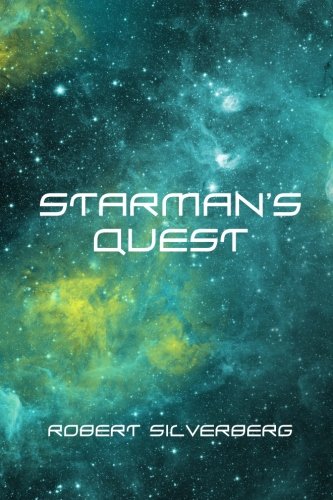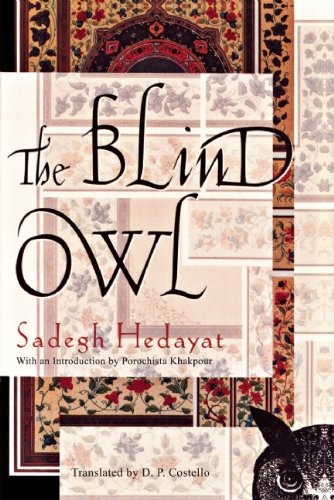The Cosmic Rape by Theodore Sturgeon
In Theodore Sturgeon’s International Fantasy Award-winning novel of 1953, More Than Human, six extraordinary young people with various extrasensory mental abilities blend their powers together to create what the author called a “gestalt consciousness.” And in his next novel, the Staten Island-born Sturgeon amplified on this idea of shared consciousness, but upped the ante quite a bit; instead of a mere half dozen souls forming one hive brain, Sturgeon posited the notion of a mind containing the thoughts and experiences of the life-forms of 2½ galaxies!
Read More

















Do it! One of the best things I've read in recent years.
This reminds me. I want to read Addie LaRue.
We’re in total agreement David!
I felt just the same. The prose and character work was excellent. The larger story was unsatisfying, especially compared to…
Hmmm. I think I'll pass.